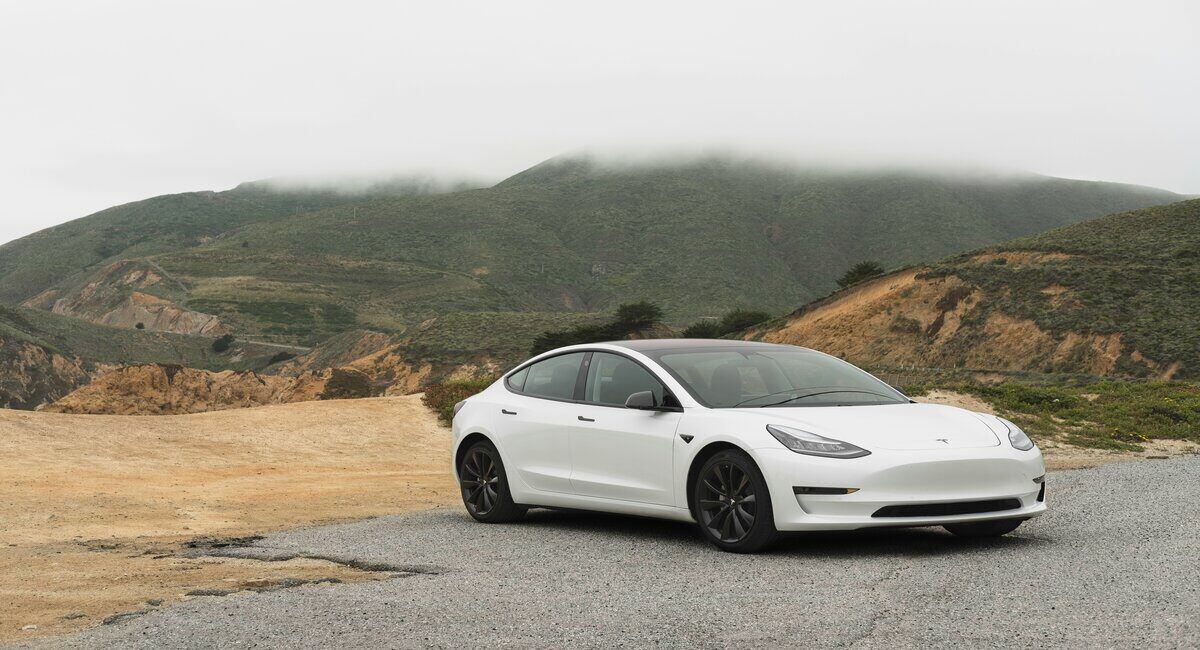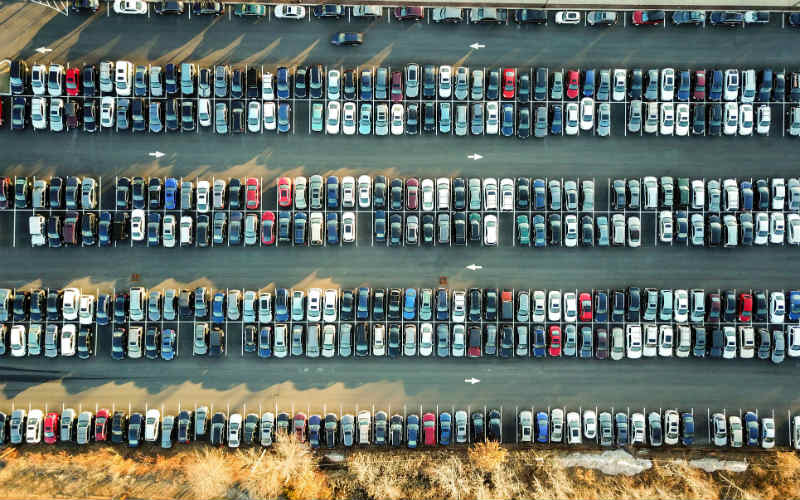According to a note titled Is there a canary in the car by Deutsche Bank analysts Matthew Wilson and Anthony Hoo, the number of Westpac car loans more than 90 days in arrears has more than doubled from 1% to 2.4% of Westpac’s outstanding loans.
Car loans represent a small portion of Westpac’s (and indeed most major banks’) loan books, but Deutsche Bank says these increasing arrears represent a bigger problem than most realise.
According to the note, 17% of Westpac’s net profits are exposed to the consumer loans sector, and an increase in late payments could wipe out anywhere between 5% and 23% of big-bank profits.
Westpac is the only one of the big four to disclose its car loan arrears figures, but international credit rating agency Fitch says the average delinquency rate for car loans in Australia is around 0.9%, meaning Westpac’s is substantially higher.
What is known is Westpac’s auto loan book of $7 billion is five times greater than the average of the other big banks due to its acquisition of Capital Finance Australia.
Car loans weakening in general
Westpac’s data points to an industry wide problem supported by other facets of data – less people are taking out car loans and buying new cars, and the ones who are struggle to pay them off.
Deutsche Bank’s analysis found personal new car committments were down 7% from 2016 after rising 6% a year since 2008.
New car sales are also down 6% in this time frame after rising 4% per year following the global financial crisis.
January 2019’s new car sales figures from the Federal Chamber of Automotive Industries (FCAI) showed that 7.4% fewer cars were sold from 12 months prior (January 2018).
There are a multitude of reasons why fewer cars are being bought and more car loans are facing arrears. It’s possible that people were simply borrowing outside of their means.
SG Fleet CEO Robbie Blau said in his company’s Half Year Earnings Presentation:
“In the absence of wage growth and in the context of the perceived negative wealth effect resulting from the housing downturn, consumers just aren’t spending or are delaying purchase decisions on bigger-ticket items.”
“Particularly, larger ticket items, as I’ve said, such as auto, personal and household goods are down markedly.”
So stagnant wage growth and uncertainty around the future of the housing market are two possible factors – Mr Blau also said changing approval processes have affected who gets approved for car finance.
“The credit process environment has added pressure to our business. Some of our funders have certainly changed their approval processes massively, and it’s not necessarily resulting in
less credits approval, but it’s certainly resulting in a much longer process to get approval.”
Responsible lending standards have definitely tightened in consumer and home lending in the wake of the Royal Commission, going as far as to look into people’s spend on fast food and takeaway meals.
Deutsche’s report also noted there are increasing signs of a rapid economic slowdown, both domestically and globally.
For feedback or queries, email will.jolly@savings.com.au



 Brooke Cooper
Brooke Cooper

 Harry O'Sullivan
Harry O'Sullivan

 Emma Duffy
Emma Duffy

